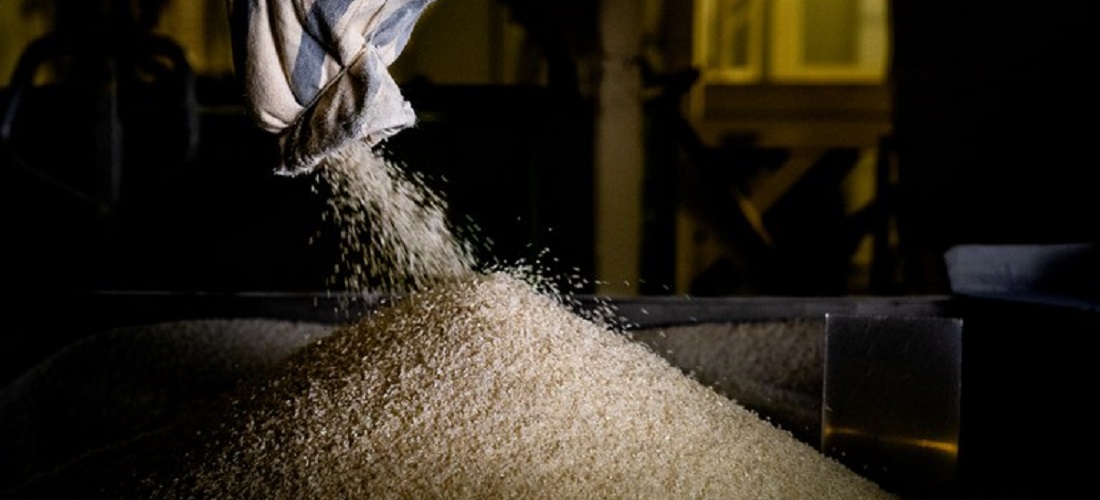
Brazil strives to expand rice exports to Mexico
Jun, 03, 2022 Posted by Gabriel MalheirosWeek 202222
The Brazilian Rice Industry Association (Abiarroz) is promoting increased actions to help the governments of Brazil and Mexico to resume negotiations for the expansion of the Economic Complementation Agreement (ACE) nº 53 to open the Mexican market to Brazilian milled rice.
On a recent mission to Mexico, Abiarroz held a meeting with representatives of that country’s government, industry, and importers at the Brazilian Embassy. During the visit to the country, the association also participated in ExpoAntad – a food and beverage trade fair in Guadalajara, again to promote the export of milled rice.
“Negotiations to expand ACE No. 53 have been halted for two years, but there is a good opening for resuming talks. The binational commission will convene in the second half of this year to discuss the issue. We expect that Brazilian milled rice can benefit from the reduction in import tariffs,” says Andressa Silva, executive director of Abiarroz, highlighting the importance of access to the Mexican market for Brazil. “They consume approximately a million tonnes of rice every year.”
See below the track record of Brazilian rice exports from January 2021 to April 2022. These data are from DataLiner.
Brazilian Rice Exports | Jan 2021 – Apr 2022 | TEUs
Source: DataLiner (click here to request a demo)
The quest for a way to open up Mexico to Brazilian milled rice is part of Abiarroz’s effort to make free trade possible so that consumers may get a high-quality product at a reasonable price. The Abiarroz group was in Mexico when the Mexican government approved an exception to import fundamental items such as paddy rice. For the association, the ruling may assist the advancement of the ACE no 53 negotiation.
In Mexico, the import duty for processed rice is 20%, making it impossible for Brazilian products to compete with those from the United States, Uruguay, and even Argentina, which have zero tariffs through trade agreements. In the instance of Brazil, there is only a 4% preference in an Aladi (Latin American Integration Association) agreement for the beneficiary, reducing the tariff to 16% – still too expensive to make trade viable.
Source: AgroLink
To read the full original article, please go to:
-
Ports and Terminals
Nov, 19, 2024
0
Court Prohibits Dredging Work at Porto Aratu
-
Shipping
Oct, 14, 2024
0
Norsul enters ship-to-ship bunkering market
-
Economy
Sep, 01, 2023
0
DataLiner: newest data reveal strong rebound in July container exports
-
Economy
Sep, 15, 2022
0
Brazil’s Manufacturing Grows ‘Poorer’


